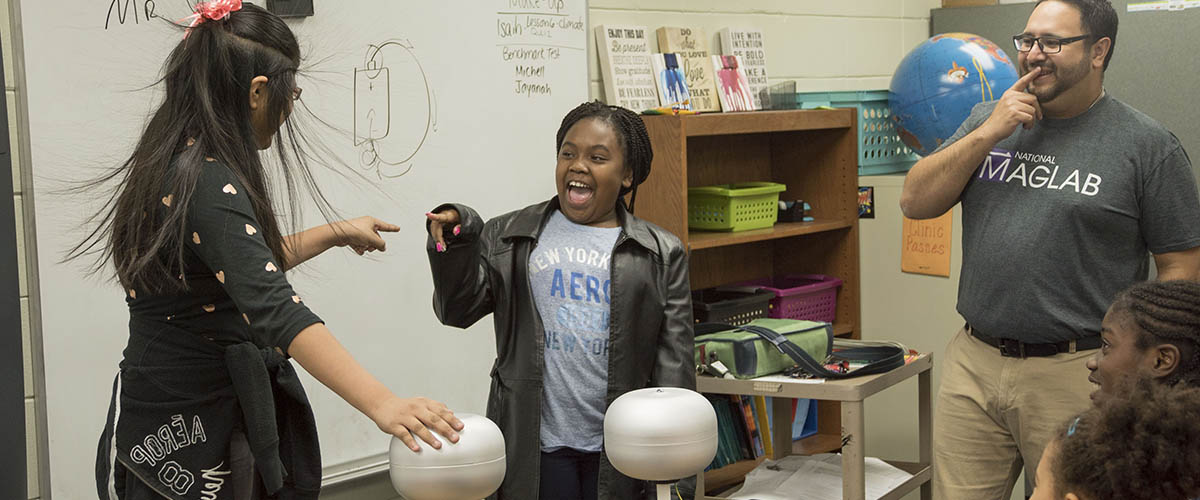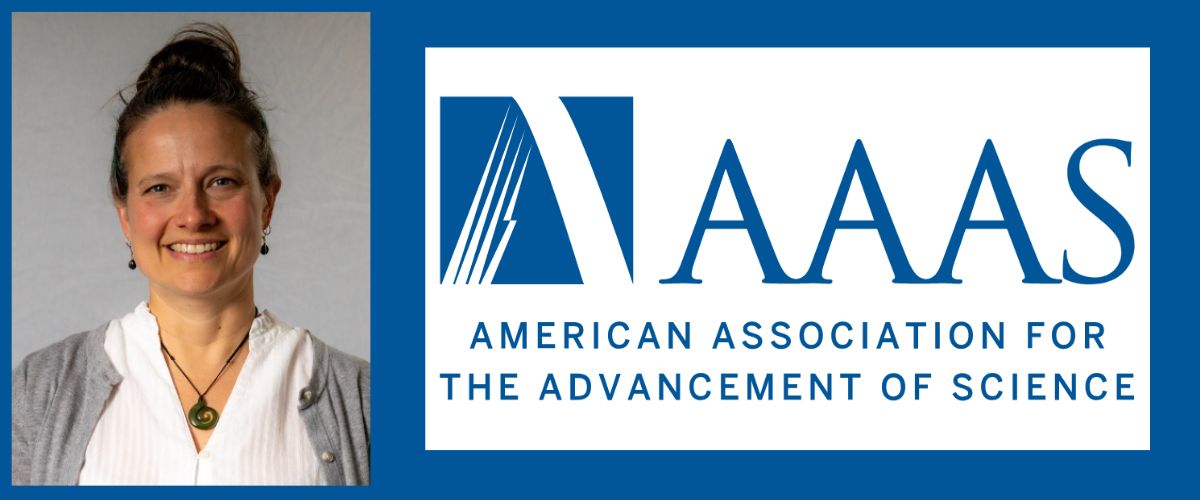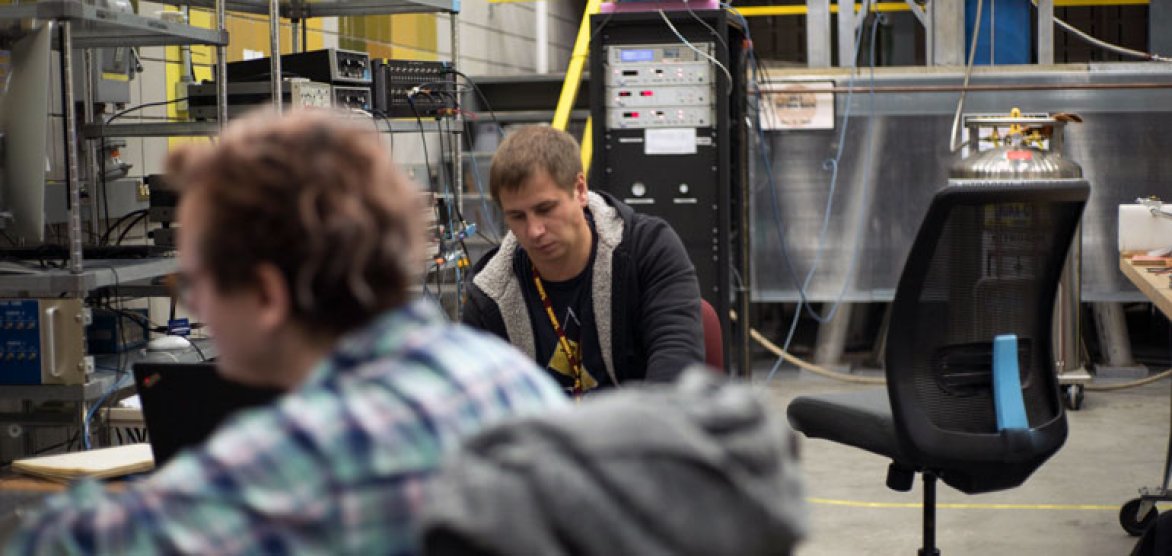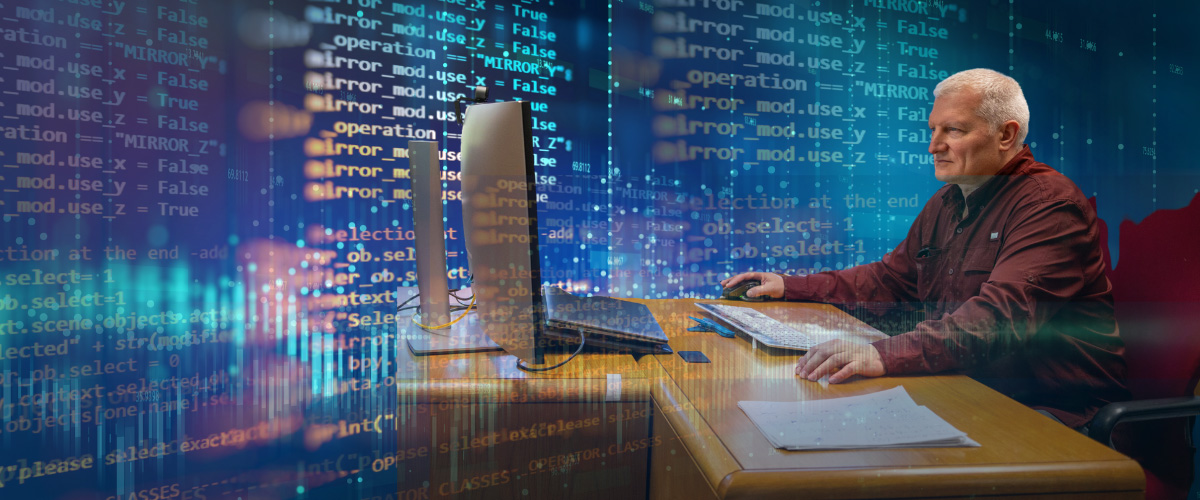Contact: <Carlos R. Villa
TALLAHASSEE, Fla. — Carlos R. Villa, director of K-12 education programs for the National MagLab's Center for Integrating Research & Learning (CIRL), will be honored with the 2018 National Science Teachers Association (NSTA) Distinguished Informal Science Education Award. This award recognizes three NSTA members around the country who have advanced informal science education with their unparalleled contributions and dedication to education outside the classroom. Villa, a 16-year veteran of the MagLab, will receive the award at the NSTA National Conference on Science Education in Atlanta in March.
"We've always known Carlos was an expert in informal science education," said CIRL Director Roxanne Hughes. "His dedication to the field and passion make him a champion for teaching. We're glad that NSTA has recognized this, as well."
Find out more below about Villa and his work in informal science education.
Q & A with Carlos R. Villa
Q: How did you become interested in science education?
"I was lucky to get a job at the FSU planetarium as an undergrad and I remember still to this day that feeling of the first group of kids coming in, sitting down, getting the planetarium show, and just the 'oohs' and 'aahs' of the kids when the stars come up and everything starts to happen — that's what hooked me, that moment right then. I've always liked science, and I've always had an appreciation for teachers, but that moment, that's what's hooked me.”
Q: What is informal education?
"Formal education is what happens in the schools. Informal education is all of the learning that takes place outside the building called 'school.' I've always believed that not just children, but everybody learns throughout their lives, wherever they may be. Informal education is the name given to all of the teaching that happens outside that school building — museums, laboratories like this one, science and technology centers and zoos are all informal education settings."
Q: How does informal education communicate science in ways formal education cannot?
"You are not limited by the constraints of the school. Meaning, you're not teaching to a test, which happens far to often in our schools these days. What is really cool about informal education, specifically at this site here, is that we have something to show the kids that they can't see anywhere else in the world — definitely something they can't see anywhere else in the United States. They can come in, see something that they can brag about, learn about some of the things we do here. Hopefully, in the brief amount of time that I have them, I inspire them to gain that enthusiasm for science."
Q: What programs and activities are conducted for kids that come to the MagLab?
"We offer a number of activities, depending on what the teacher requests. Most of our focus is on, of course, electricity and magnetism, but we also offer activities on the nature of science, which get kids to think more scientifically."
Q: What does receiving this award mean to you?
"Oh my gosh, its amazing! You know you’re doing a good job when the teachers tell you and you see the students' light bulbs go off when they’ve really learned something, or something really makes sense to them. But getting this award from NSTA is recognition beyond the small groups that I get to see face to face — it's exciting."
Find out more about the MagLab's educational offerings for K-12 Students.
Story by Abigail Engleman






